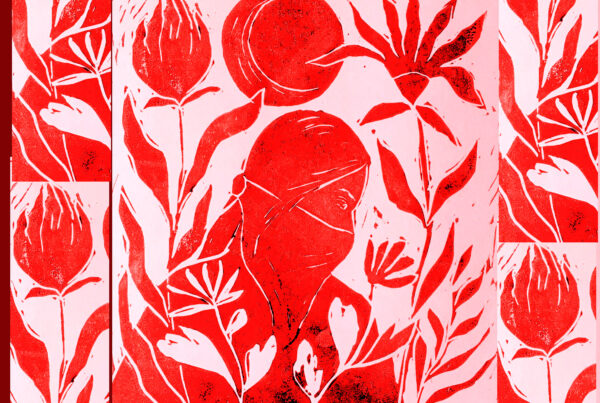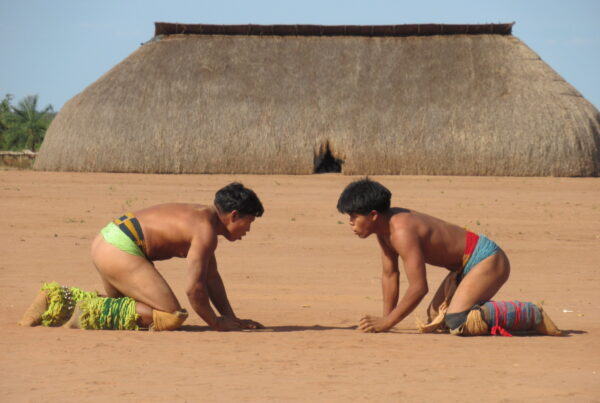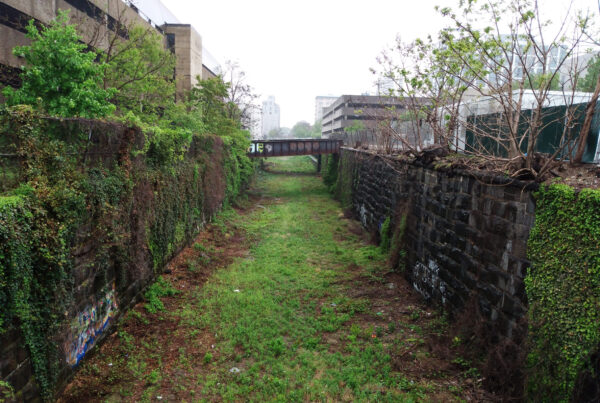Last March, the Report “¿Agua para quién?. Escasez hídrica y plantaciones forestales en la Provincia de Arauco” (“Water for whom? Water scarcity and tree plantations in Arauco Province”) was published as part of the Campaign “Agua que has de Beber” (Water to be drunk), promoted by Chilean NGO “Agrupación de Ingenieros Forestales por el Bosque Nativo” (AIFBN). The report is the result of the collaboration between Marien González-Hidalgo (ENTITLE fellow), and AIFBN, within the framework of the ENTITLE project.
In 50 pages, “¿Agua para quién?” describes the current water scarcity problem in Arauco Province (Bio Bio Region, Southern Chile) and relates it to the regional economic development model, which is largely based on tree plantations. The report initially presents how rural communities and scientific studies around the river basins together explain the severe impact of the expansion of tree plantations on the hydrological cycle in the province. Nearly 60% of the surface of Arauco is planted with tree monocultures (Pinus and Eucalyptus), while some areas reach 82% (Curanilahue). Reduced access to water, as the report shows, is an outcome of the extractivism model, which in turn also impacts land property, income and rights, and ultimately, power relations in the region. Indigenous people, peasants and the urban poor are the ones who are worse-off in these developments.
Institutional initiatives and plans were created to address the lack of access to water in rural areas, through temporary (municipalities distributing water in water-trucks) and long term solutions (new wells, reservoirs, water road). The report shows how those solutions neglect the bio-physical and structural questions that forest extractivism implies. The tendency to explain water scarcity alluding to global issues such as climate change or the infrastructural damages that earthquakes imply, is further criticised, as -despite those being important elements of the water crisis- they are certainly not its unique characteristics or determinants.
This situation is, unfortunately, common to many other territories in Southern Chile. The current discussion that the president of Chile, Michelle Bachelet needs to address urgently, regarding the modification of the Water Code (inherited from the neoliberal policies of the dictatorship era of Augusto Pinochet), may however not be able to address the problem in areas such as Arauco, where the water is not captured by purchasing rights (as it happens in many areas of Chile by mining, hydroelectric and agroindustrial companies or landowners ) but, indirectly, through the biophysical activity of trees. These planted trees are mainly owned by big companies such as Arauco and CMPC, and serve to feed mainly the needs of USA, Japan, China and Europe for paper pulp and wood-based products. If the state of Chile continues to support extractivism (by means of extension of state subsidies to forestation or through allowing the expansion of private industrial capacity), the real and long-term solution of the water crisis, is simply, impossible.
An interview echoing the report has been recently published in Periódico Resumen (in Spanish). The whole report can be accessed here (in Spanish).







2 Comments